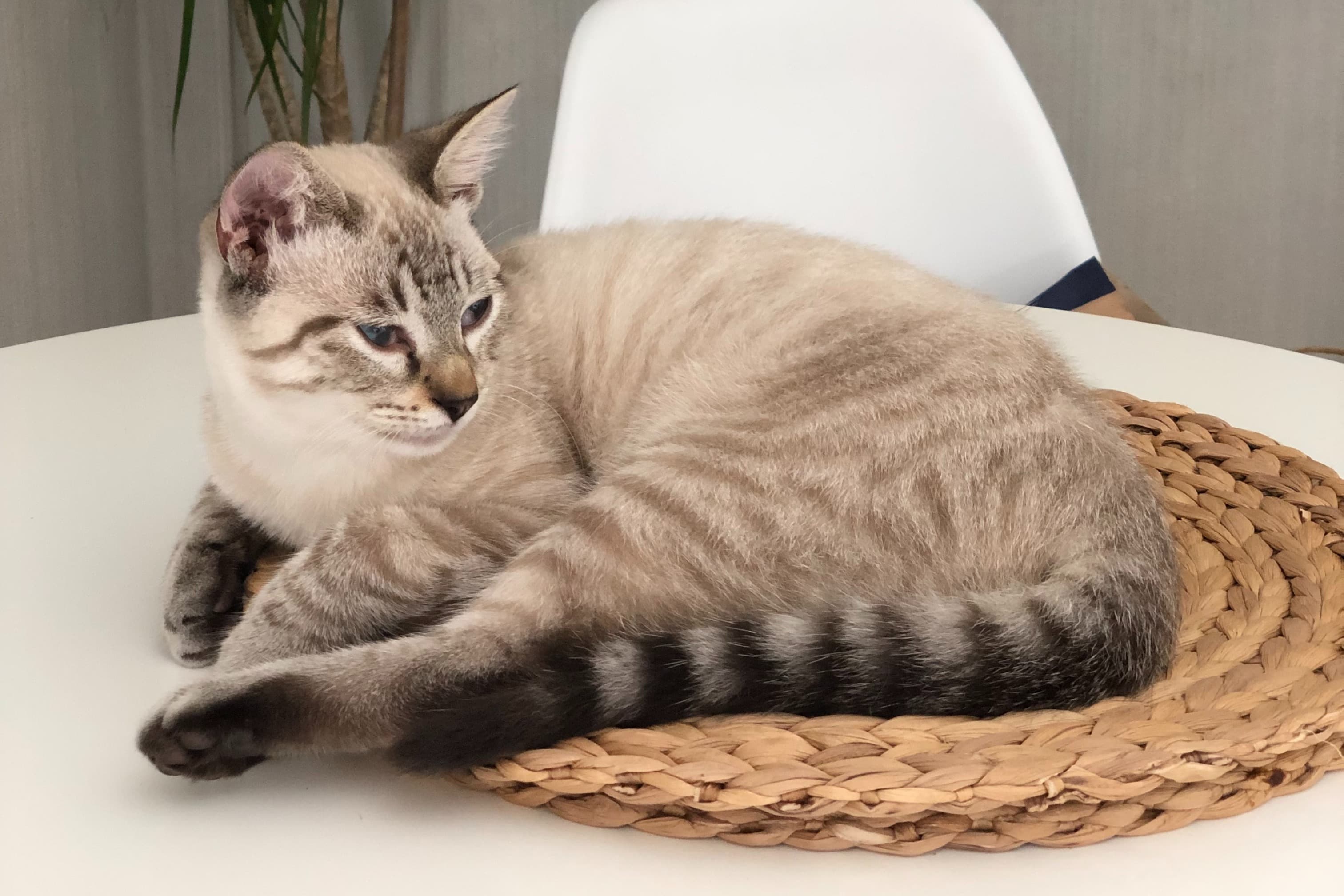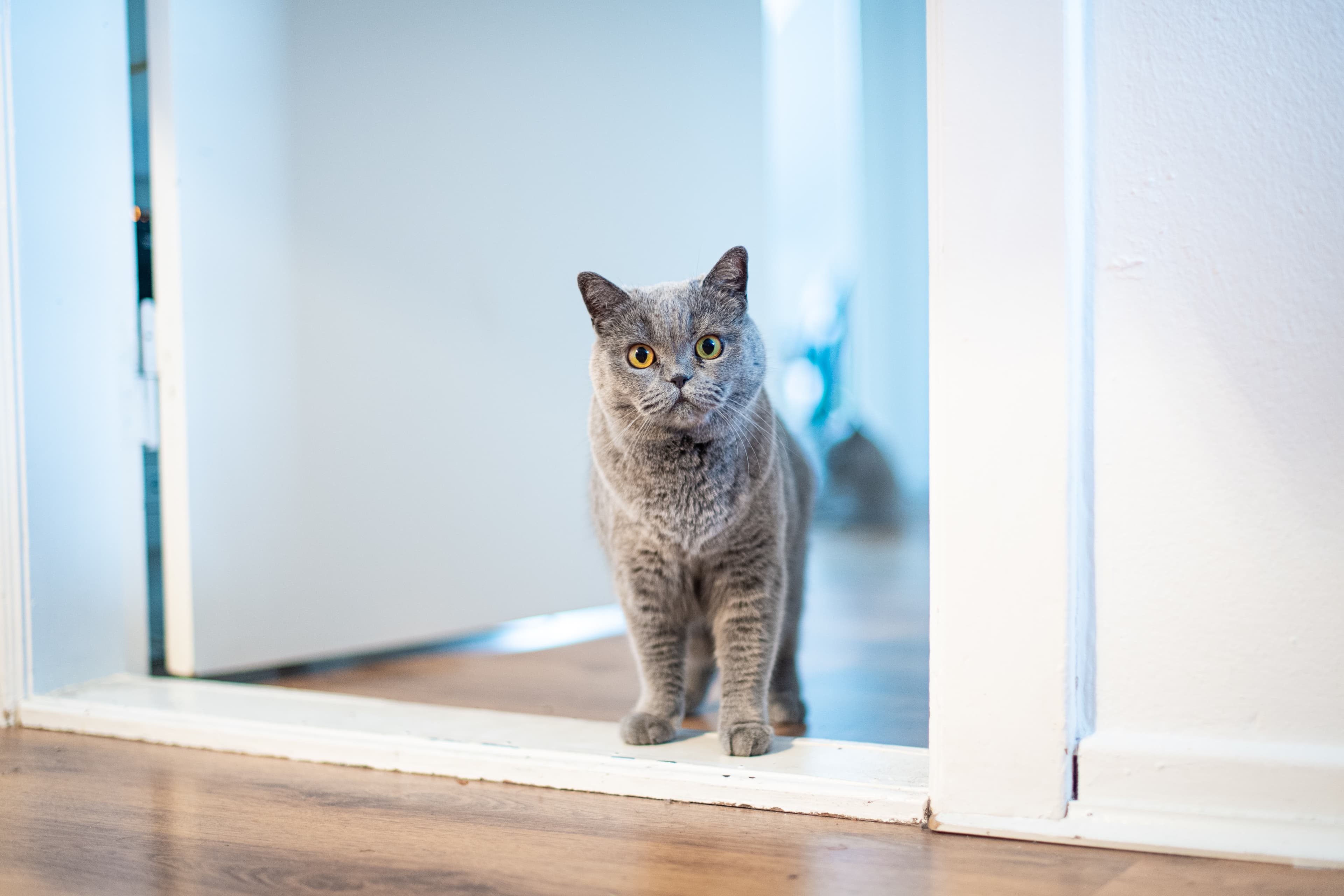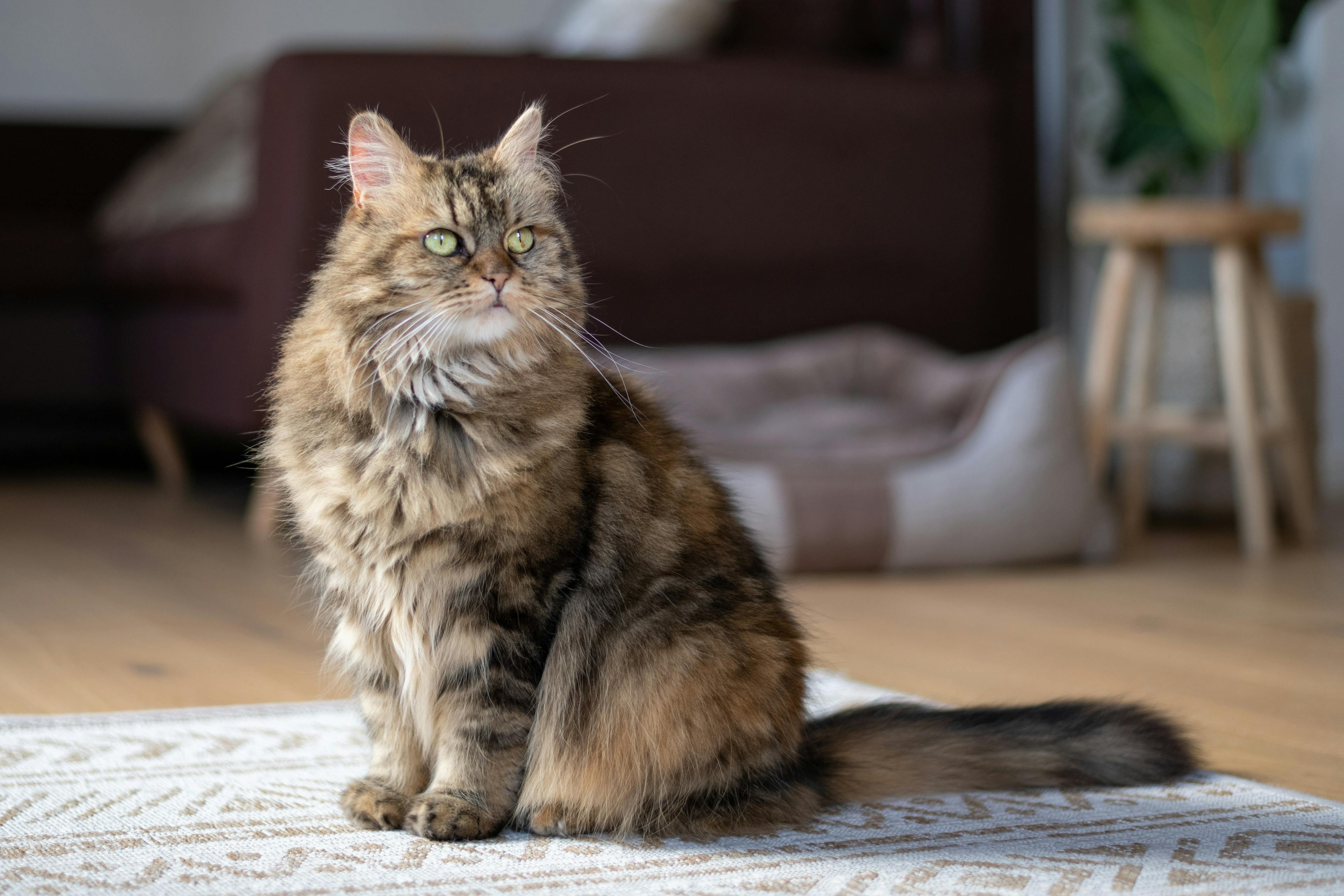Symptoms and treatment of intestinal objects in your cat
It's not uncommon for cats to play with inappropriate items instead of toys that are safer and more suitable for them. Unfortunately, if a cat is playing with inappropriate objects, such as strings, wires, foam rubber or other small items, and accidentally swallows them, the consequences can be life-threatening for them.
Objects stuck in the intestine
Cats tend to enjoy chewing on strings and wires found in the home. It is also not uncommon for a cat to like to chew on its toys or other objects that may seem exciting. The dangerous thing can happen if your cat accidentally swallows one of the objects they are playing with and it passes out into the intestines, where it can then get stuck and cause a blockage.
This could turn into a life-threatening situation if it happens. If a cat swallows a piece of wire, it can cause the intestines to become tangled and the piece of wire to get stuck there. The passage out is then blocked and the blood supply to the intestine is affected, which together can lead to an emergency situation for the cat. If the object cannot pass out normally and becomes stuck and is not removed by surgery, there is even a risk that the intestine is damaged so severely that intestinal contents leak into the cat's abdomen, leading to serious peritonitis and other complications. If this happens, the cat's condition is life-threatening.
This is what the vet does
If the cat comes to the vet shortly after swallowing something inappropriate, the vet can induce vomiting to get the object out. Some smaller items can be removed naturally, but if a long time has passed since the cat ingested the dangerous item, it will almost always need to be removed surgically, especially if the item is large and there is a risk of blockage.
Symptoms of objects in the intestine
Symptoms can vary greatly in this situation depending on where in the intestine the object has lodged. Usually the cat may experience very intense vomiting. Another symptom to watch out for is that the cat stops eating and drinking and the vomiting continues. Vomiting in a cat can also be a symptom of a number of other conditions that require investigation and treatment, such as if you suspect your cat has ingested something dangerous, it's always best to go to the vet so they can determine the cause. However, the general condition can change very quickly if something gets stuck in the gut, but it can also be gradual and some cats don't vomit at all, which makes it difficult to make a diagnosis.
Prevent before the damage is done
Try to have a rule at home that the cat should never play with wires or strings and always keep them out of sight of the cat so that it cannot get at them. If you know that your cat likes to bite on toys, it may be a good idea to avoid things that the cat can swallow and to keep an extra eye on them when they are in a playful mood. Common examples of cords that can cause problems are gift strings and sewing thread, try to keep these away from your cat at all times.






